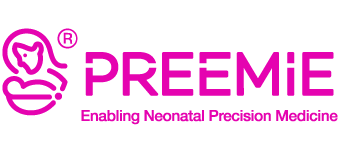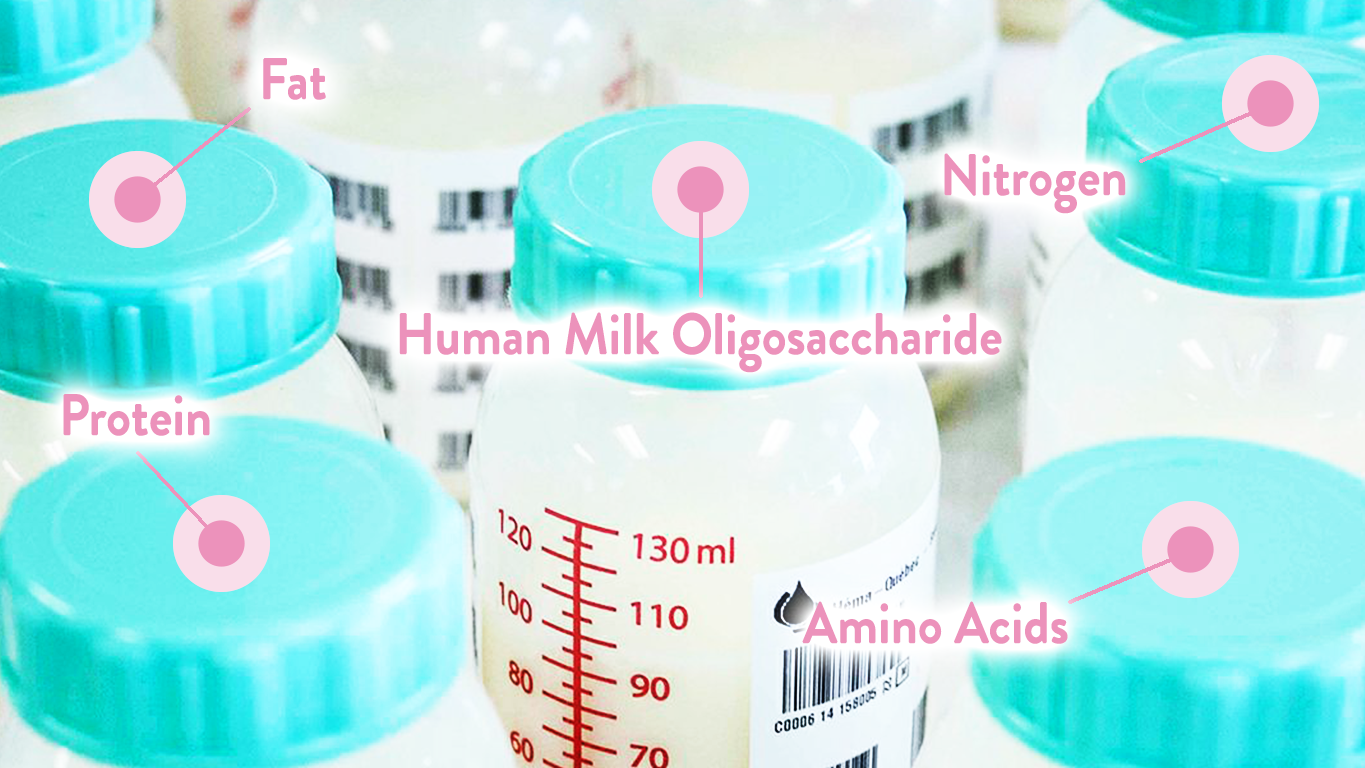The Ultimate Preemie and Mom Reference Guide

Links to websites that inform, inspire, support, advocate, educate and feed the soul.
There is a tremendous amount of information on the web. Trying to learn more about your preemie baby can be overwhelming, so we created this list so you don’t have to. We tried to include links to sites that we felt would benefit you and your preemie.
If you want to add to this list, please email us at info@preemiesensor.com; after all, sharing is caring, and knowledge is power!
ABOUT PREEMIES
We focused on publications that provide a section within their website dedicated to preterm babies.
- Tommy’s provides excellent information on their Pregnancy Hub and Premature Birth page as well.
- Little Bliss Magazine is for families of babies born premature or sick with great stories of support.
- HealthyChildren.org content is developed by pediatricians and trusted by families.
- Parents Magazine section on Premature Babies has timely content to keep you informed.
- What To Expect offers a Premature Baby & NICU Basics Guide.
- The Baby Center covers a range of topics from being a NICU parent to preemie care and development to life as a preemie parent.
- NICU Parent Network a community for families with preterm infants offering support through information, stories and tools.
- Preemie World Blog a platform that helps bridge the gap between medical professionals and families during their NICU journey.
FOR MOM’S
A shortlist of resources to support the mind, body and soul as you take care of your newborn preemie.
- Motherly an online community that inspires and connects.
- Today’s Parent provides you parenting, baby, pregnancy and family insights through real-life stories and expert advice.
- Absolutely Mama designed for the modern mom who wishes to forge her own path, filled with great insights and advice on parenting, lifestyle and fashion.
- Mother&Baby covers every aspect of being a mom from pregnancy to baby to toddler.
- Mother Magazine is designed to provide stories, lifestyle and health information for the modern mom.
- Very Well family is a catch-all site with content ranging from stories to activities to online tools covering all aspects from pregnancy to raising healthy kids of all ages and stages to the latest news.
- Hand to Hold “You are not alone” This site provides a soft and gentle approach. They offer a one-on-one peer mentoring program, along with blogs, podcasts, social networks and resources for in-hospital programs for NICU families, Bereaved Families and NICU professionals.
BREASTFEEDING SUPPORT
- La Leche League International is an excellent global non-profit consortium that provides you with all the information and resources you need to know about breastfeeding. You can also find local support within your area. If that is not available, check out their Facebook support group page.
- Breastfeeding Support Network – UK This site not only provides valuable information and resources for breastfeeding moms, but it also includes a thorough listing of Drugs in Breastmilk Fact Sheet.
- Breastfeeding.support provides articles, news, research, and breastfeeding information. It also has a map to find certified lactation consultants in your area.
HUMAN MILK BANKS
Sometimes mothers cannot provide their own milk to their newborns, and the reasons vary from not producing enough milk to physically being unable to breastfeed due to illness. Human milk banks operate to help provide the milk required to help babies grow, especially vulnerable low birth weight infants. If you have breastmilk to spare, please #donate it to your local human milk bank.
- European Milk Bank Association (EMBA)
- United Kingdom Association of Milk Banks (UKAMB) including links to individual milk banks within the UK
- Human Milk Banking Association of North America (HMBANA) including links to individual milk banks within Canada and the United States
- The Human Milk Foundation (HMF) created to help families feed their babies with human milk by providing screened donor breastmilk to premature infants in Neonatal Intensive Care Units within the United Kingdom. They are a non-profit supporting our most vulnerable infants with research, stories and updated news. Each donation makes a difference.
Locate your human milk bank within your country. Please note that some milk banks are located within the hospital itself.
Austria, Belgium, Brazil, Bulgaria, Czech Republic, Denmark, Estonia, Finland, France, Germany, Greece, Holland, Hungary, Ireland, Italy, Lithuania, Netherlands, Norway, Poland, Portugal, Romania, Russia, Serbia, Slovakia, Spain, Sweden, and Switzerland.
For additional information and resources on human milk, please visit PATH organisation, a global non-profit that improves public health.
ORGANISATIONS AND AGENCIES
These initiatives focus on helping communities worldwide by addressing the issues around preterm births, conducting research and providing guidelines that advocate for change. You can support these organisations through donations as well.
- European Foundation for the Care of New Born Infants (EFCNI) Their Mission and vision: “We want to reduce the enormous health and social inequalities linked to preterm birth. To address these disparities and to increase the standard of newborn care, we initiated and are coordinating the European-wide project European Standards of Care for Newborn Health. You can find more information about EFCNI in our brochure For the best start in life.” You can also find Parent and Patient organisations within your own country.
- The Baby-Friendly Hospital Initiative (BFHI) The purpose of this initiative “is an effort by UNICEF and the World Health Organization to ensure that all maternities, whether free standing or in a hospital, become centers of breastfeeding support.” A list of participating countries is on the BFHI Wikipedia page. For the researcher in you, check out 2018 revised and updated PDF version of The Baby-Friendly Hospital Initiative.
- NEC Society This non-profit goal is dedicated to “building a world without necrotizing enterocolitis (NEC) through research, advocacy, and education. The NEC Society brings together patient-families, clinicians, and other diverse stakeholders to better understand, prevent, and treat this devastating neonatal intestinal disease.” They also offer a NEC Support Group for families and facts and educational information around necrotizing enterocolitis and what you need to know.
- N3 Neonatal Nutrition Network This network comprises a “group of UK health professionals working in neonatal care who are collaborating to improve the nutrition of preterm and sick newborns.” It provides you with research that is currently being conducted, plus a Preterm Educational Resource Center for families.
- Born Too Soon: The Global Action Report on Preterm Birth “The first-ever national, regional and global estimates of preterm birth. The report shows the extent to which preterm birth is on the rise in most countries, and is now the second leading cause of death globally for children under five, after pneumonia.” An updated edition was published by World Health Organisation in October 2020 for World Prematurity Day.
- Preterm Birth Information for Education Professionals “These five learning resources have been developed to improve your knowledge and confidence in supporting prematurely born children in the classroom.”
- Clinics in Mother and Child’s Health on Preterm Birth by Longdom Publishing contains open access research publications surrounding the topic.
- The Global Alliance to Prevent Prematurity and Stillbirth (GAPPS) The organisation mandate is to lead “a collaborative, global effort to increase awareness and accelerate innovative research and interventions to improve maternal, newborn and child health outcomes around the world.” You can scope out the different projects they are working on and they also have a resource area for preterm and stillborn guilds for families and supporters.


